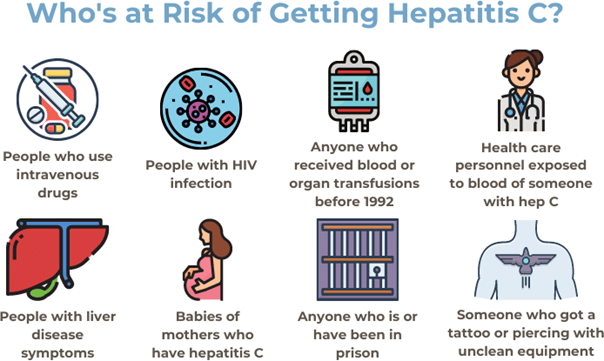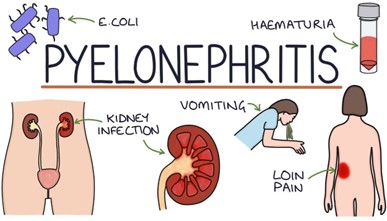Important nursing intervention(s) when caring for a patient with Cushing syndrome include:
observing for signs of hypotension.
monitoring blood glucose levels.
protecting patients from exposure to infection.
restricting protein intake.
Correct Answer : A,B,C
b. Monitoring blood glucose levels: This is an essential nursing intervention as patients with Cushing syndrome are at risk for developing diabetes mellitus because of cortisol on glucose metabolism. The nurse should monitor the patient's blood glucose levels regularly and report any abnormal readings to the healthcare provider.
c. Protecting patients from exposure to infection: Patients with Cushing syndrome are also at risk for developing infections due to the immunosuppressive effects of cortisol. The nurse should take appropriate infection control measures, such as frequent handwashing, wearing gloves, and isolation precautions if necessary.
a. Observing for signs of hypotension: Although hypotension is not typically seen in patients with Cushing syndrome, it can occur in some cases due to the depletion of cortisol. The nurse should monitor the patient's blood pressure regularly and report any abnormal readings to the healthcare provider.
Nursing Test Bank
Naxlex Comprehensive Predictor Exams
Related Questions
Correct Answer is B
Explanation
Intravenous drug use is a significant risk factor for hepatitis C transmission. The other options are not necessarily related to hepatitis C transmission. However, having a blood transfusion before 1992 or receiving an organ transplant before 1992, having a history of receiving blood products or clotting factor concentrates before 1987, and having been born to a mother with hepatitis C are also considered significant risk factors for hepatitis C transmission.

Correct Answer is A
Explanation
The most helpful finding by the nurse in determining whether a 67-yr-old patient with benign prostatic hyperplasia has an upper urinary tract infection (pyelonephritis) would be
**costovertebral tenderness**⁴. This is because costovertebral tenderness is a common symptom of pyelonephritis⁵. Pyelonephritis is an infection of the upper urinary tract that can cause fever, chills, flank pain, nausea, vomiting, and costovertebral tenderness⁵. Foul-smelling urine and bladder distention are not specific symptoms of pyelonephritis⁵. Suprapubic discomfort can be a symptom of lower urinary tract infection⁵.

Whether you are a student looking to ace your exams or a practicing nurse seeking to enhance your expertise , our nursing education contents will empower you with the confidence and competence to make a difference in the lives of patients and become a respected leader in the healthcare field.
Visit Naxlex, invest in your future and unlock endless possibilities with our unparalleled nursing education contents today
Report Wrong Answer on the Current Question
Do you disagree with the answer? If yes, what is your expected answer? Explain.
Kindly be descriptive with the issue you are facing.
